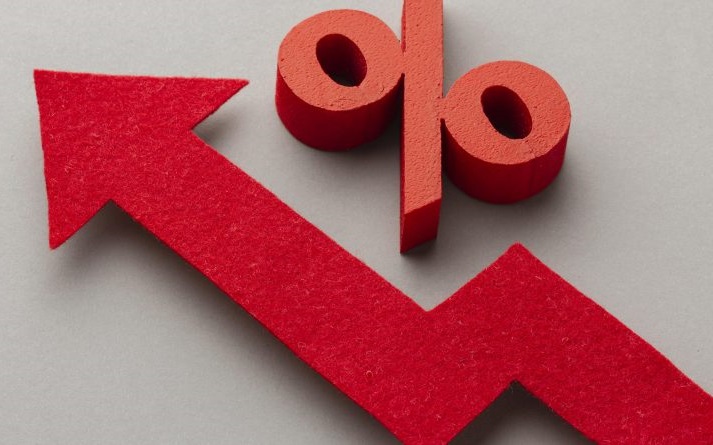Since the global COVID-19 pandemic, hotel room rates have been increasing drastically and this summer saw travelers paying prices that well exceeded 2019’s prices or any ever seen before.
In fact, based on data from travel intelligence providers, in August average hotel prices vs 2019 were up by 16.75% in Europe, 48.5% in Asia and a massive 64.03% in North America.
Will this trend continue or slowly go away as ‘revenge travel’ fades? At what point do very high prices become counterproductive because guests feel ripped-off and won’t come back? And what role does technology and innovation play in responding to all of these challenges?
Industry experts from throughout the travel supply chain have offered their take on whether the rates are here to stay, and how the industry should respond.
These higher-than-average hotel room rates will provide opportunities for tech-savvy travel sellers who can use innovative ways to help their travelers find the best deals. Travel agencies and third parties can develop new strategies for helping customers find great deals on rooms while still offering competitive pricing options. Additionally, as customer demand continues to grow suppliers can expand their services with innovative approaches like dynamic pricing models or integrated loyalty programs that reward users who book multiple stays at affiliated properties.
According to hotel revenue management experts, the higher-than-average prices are unlikely to last forever as consumers won’t put up with this even if they have the money. ‘How much is too much?’ is not really about the absolute price, although clearly all travelers have a budget, but instead more about the perception of value. If someone stayed in certain property before for half the price, then this time they’re expecting things to be twice as good and if they’re not you damage your brand. Instead, hotel operators should try and think of other ways to get more profit out of each customer than just the room charge. Could they be selling more F&B or providing them with a guided tour of the city? There’s always a way to make each guest more profitable and technology is nearly always part of that process.
According to the global travel distribution providers, hotels should focus on differentiation. Although the demand for travel is high, hotels should focus on offering high quality, unique experiences to justify the higher price tags. Travelers are paying more – but they are expecting more in return and, if a property does not deliver, they could be more likely to leave bad reviews or simply not return. People want more for their money and want to see the higher prices reflected in the service they receive.
As a final thought on the topic, some feel that many consumers still want to save money and are on a budget, so they won’t go away. Not all travelers can or will pay these higher prices; there is a large group of people that will appreciate discounts, incentives, loyalty schemes and special offers. If accommodations sector wants to avoid low hotel occupancy rates in the long term, the onus is on the travel industry as a whole to help agents and OTAs capitalize on the lowest possible rates for this market.
(eTN): Hotel Rates: How Much is Too Much? | re-post license | post content























